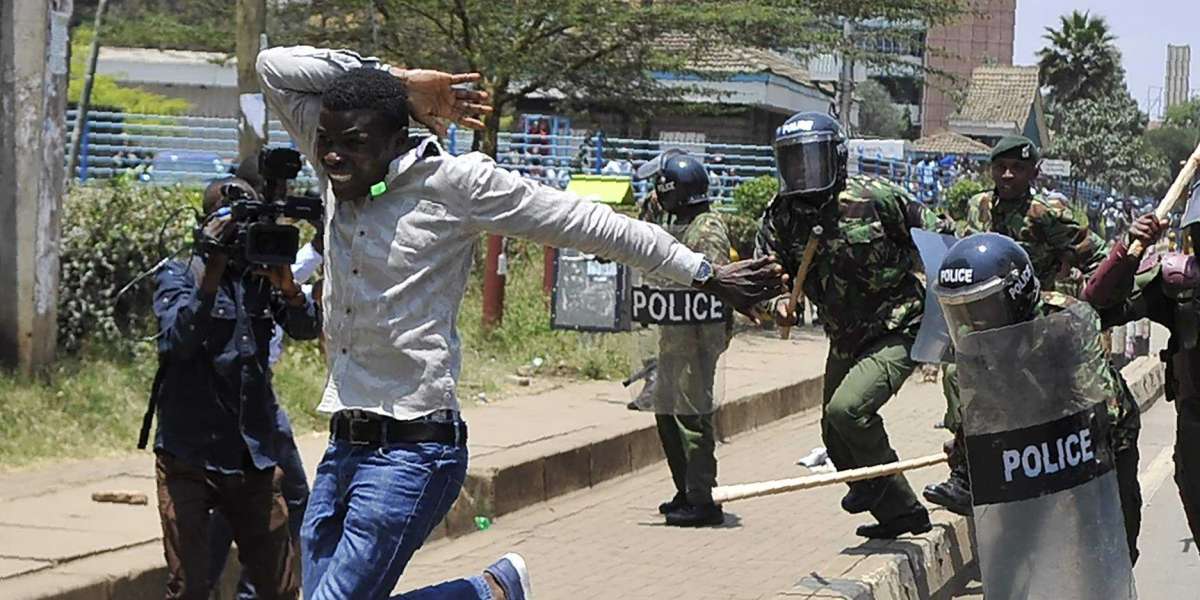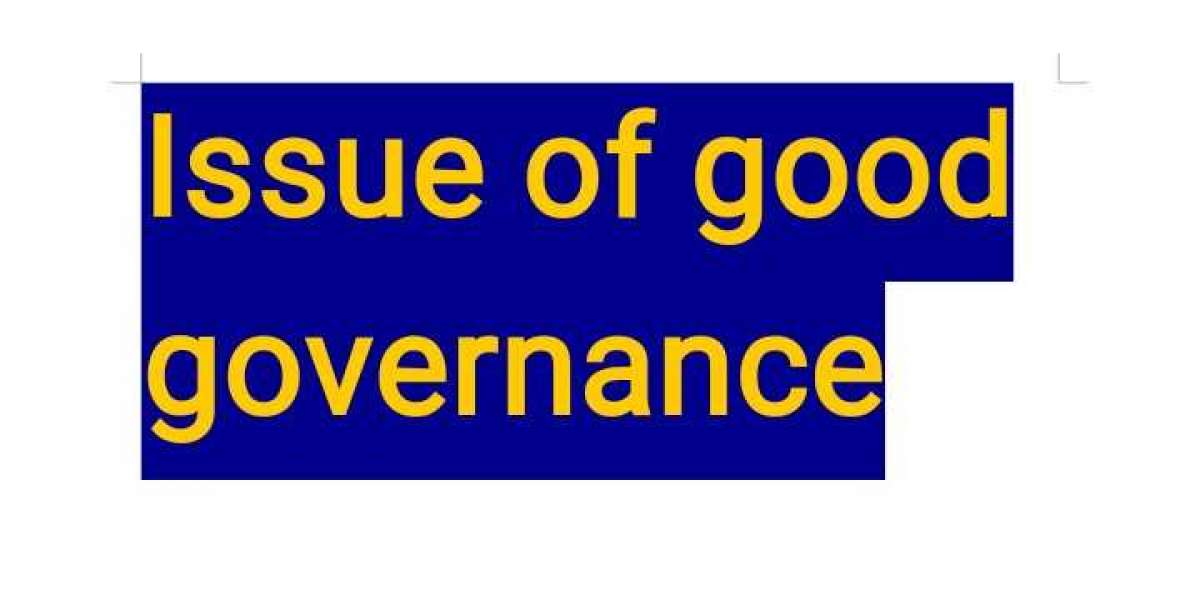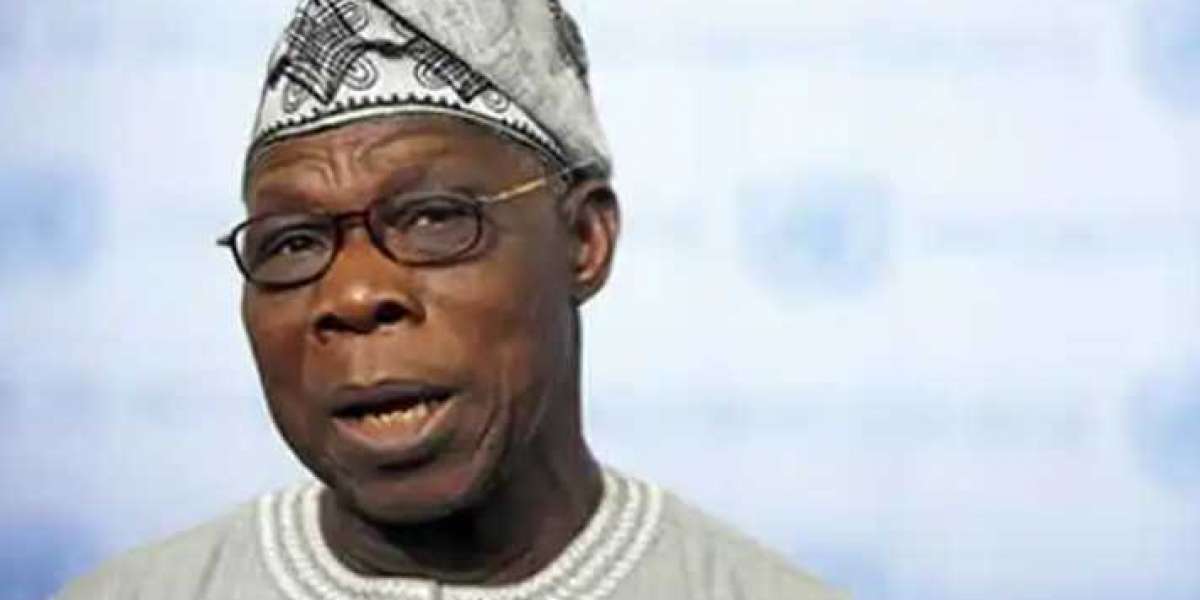The issue of police brutality against black suspects is a complex and sensitive one that has been the subject of intense debate and scrutiny for decades. While there is no single answer to this question, there are several factors that contribute to this disturbing phenomenon.
One of the key factors that contribute to police brutality against black suspects is systemic racism. Systemic racism refers to the ways in which institutional policies and practices perpetuate racial inequalities and discrimination. In the case of police brutality against black suspects, systemic racism is evident in the ways in which police officers are trained and taught to view black people as more threatening and dangerous than their white counterparts. This bias is reinforced by media stereotypes and other cultural narratives that depict black people as violent and criminal.
Another factor that contributes to police brutality against black suspects is the militarization of law enforcement. Since the 1990s, there has been a trend towards the increased use of military-style tactics and equipment by police departments across the United States. This has led to a culture of aggression and violence within law enforcement, where officers are taught to view themselves as soldiers in a war against crime. This mentality can be particularly dangerous when dealing with black suspects, as it can lead to officers using excessive force and violence in situations that do not warrant it.
The lack of accountability for police officers who engage in acts of brutality is another factor that contributes to this problem. In many cases, police officers who use excessive force against black suspects are not held accountable for their actions. This can be due to a variety of factors, including the reluctance of police departments to discipline their own officers, the lack of political will to prosecute police officers for their actions, and the power of police unions to shield officers from consequences.
Implicit bias is another factor that contributes to police brutality against black suspects. Implicit bias refers to the subconscious attitudes and stereotypes that people hold about different racial and ethnic groups. Even well-intentioned police officers may be influenced by implicit biases that lead them to view black suspects as more threatening and dangerous than white suspects. This can lead to officers using more force and violence when dealing with black suspects, even when it is not warranted.
Finally, the culture of impunity within law enforcement can also contribute to police brutality against black suspects. This culture of impunity is fueled by a sense of brotherhood and loyalty among police officers, which can make it difficult for officers to speak out against the actions of their colleagues. This can create a culture where police officers feel that they can act with impunity, knowing that their actions will not be questioned or punished.
In conclusion, police brutality against black suspects is a complex and multifaceted problem that requires a multifaceted solution. Addressing this issue will require a commitment to systemic change, including addressing systemic racism, reforming law enforcement training and tactics, holding police officers accountable for their actions, addressing implicit bias, and creating a culture of accountability and transparency within law enforcement. It will also require a willingness to engage in difficult conversations about race, racism, and the ways in which our institutions perpetuate inequality and injustice.




Angela Anayo Nzeh 5 w
Too bad